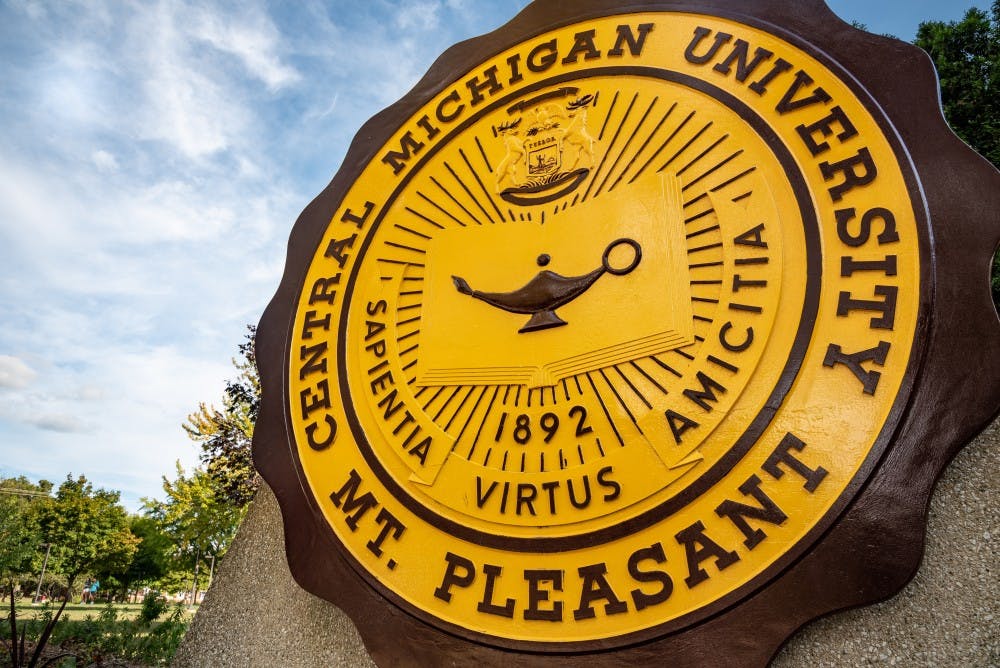CMU offers $7 million in CARES Act funds to students
Central Michigan University received $14.3 million from the federal government through the CARES Act Higher Education Emergency Relief Fund.
Money from the Higher Education Emergency Relief Fund was allocated to help with the costs universities and their students faced due to the COVID-19 pandemic and mid-semester campus closure.
Following the guidelines set by the U.S. Department of Education, half of the funding received by CMU is going to students. The remaining dollars go to the university.
"The first half of these funds will be provided to students who have experienced financial challenges during the crisis," President Bob Davies said in an email to all CMU students on April 30. "These funds can help students with expenses incurred when campus operations were disrupted due to coronavirus, such as food, housing, course materials, technology, health care and child care."
The $7.16 million earmarked for students was used for two initiatives, a CMU CARES Student Assistance Fund and an undergraduate need-based student grant program.
"The Department of Education, when they created the CARES Act, put very specific stipulations on institutions," said Tony Voisin, interim vice president of Student Enrollment Services. "CMU did not have an awful lot of input into requirements and this was geared towards, those types of things."
Main campus undergraduate and graduate students who have completed a FAFSA, and are Title IV eligible, can apply for the CMU CARES Student Assistance Fund. Title IV is apart of the Higher Education Act of 1965 that covers federal student financial aid.
Students could receive as much as $1,000. Eligible students recently received an email with a link to the application. The funds will be distributed weekly starting May 27.
"It's based on their needs based on how they have been affected by the virus," Voisin said. "Those numbers are not consistent and will vary. There might be students who will get a few hundred dollars and there might be some who get $1,000."
Unlike the CMU CARES Student Assistance Fund, the undergraduate need-based grant did not need to be applied for.
According to Voisin, 7,294 undergraduate students who qualify for financial aid, and have a higher cost-of-attendance than Expected Family Contribution based on FASFA, received $500 through the grant.
"The second half of the CARES Act funds may be used to offset costs incurred by the university due to the COVID-19 crisis," Davies explained in the email.
The university has yet to receive the second half of the money, Voisin said. Administrators are still unsure of what specifics costs it will be used to offset.




